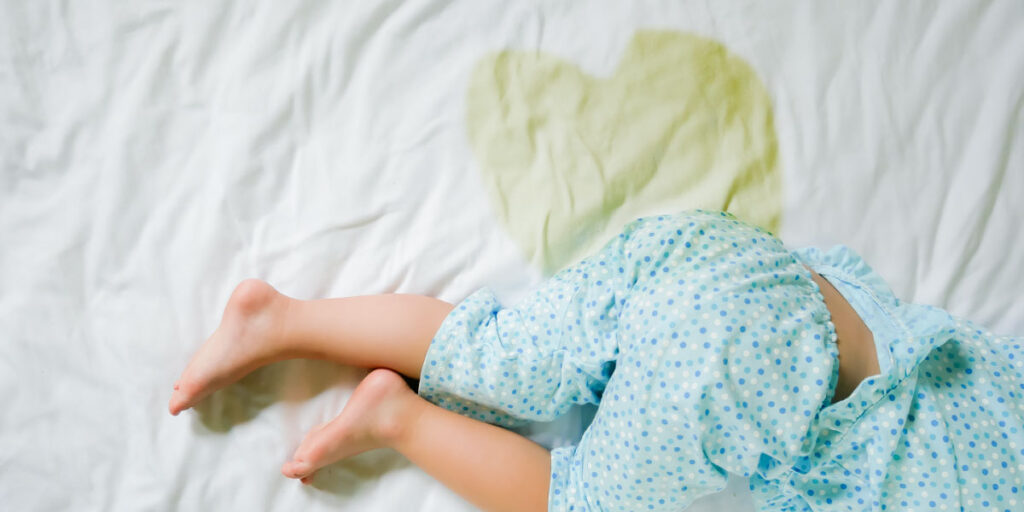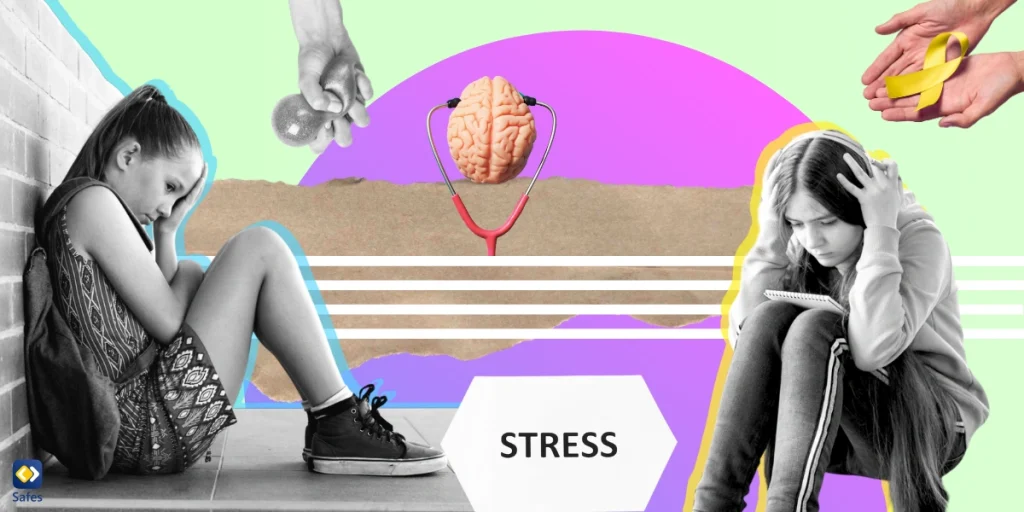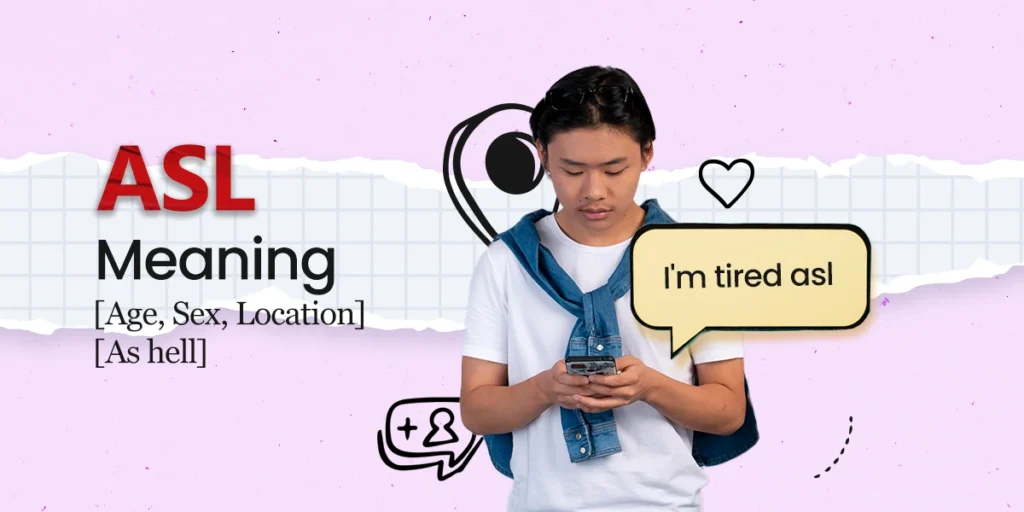Bedwetting is a common problem among children and can be really hard to cope with. It can become both embarrassing and stressful for the child, leading to feelings of guilt and low self-esteem. Fortunately, there are home remedies that can help your child get a good night’s sleep without the worry of bedwetting. In this article, I’ll discuss children wet their beds, home remedies for child bedwetting, and solutions to bedwetting for children of different ages.
Download and Start Your Free Trial of the Safes Parental Control App
Causes of Bedwetting in Children
Bedwetting is a common issue among children. It is estimated that up to 15% of children ages 4 to 12 wet the bed. There are several potential causes of bedwetting in children, and it is essential to understand them to identify the best treatment approach.
One of the most common causes of bedwetting in children is deep sleep. If a child is sleeping too deeply, their body may not be able to recognize the full bladder sensation and wake up in time to go to the bathroom. This can cause the child to wet the bed.
Another potential cause of bedwetting in children is reduced bladder capacity. It is normal for children to have smaller bladders than adults, which can lead to more frequent urination at night. If the child is not able to wake up in time to go to the bathroom, they may wet the bed.
In some cases, bedwetting can also be caused by urinary tract infections or constipation. These conditions can cause inflammation and irritation in the bladder and urinary tract, leading to increased urination at night.
Finally, some children may simply have a genetic predisposition to bedwetting. This means that their body is more likely to produce urine during the night, even if they are not sleeping too deeply or dealing with any other medical conditions.
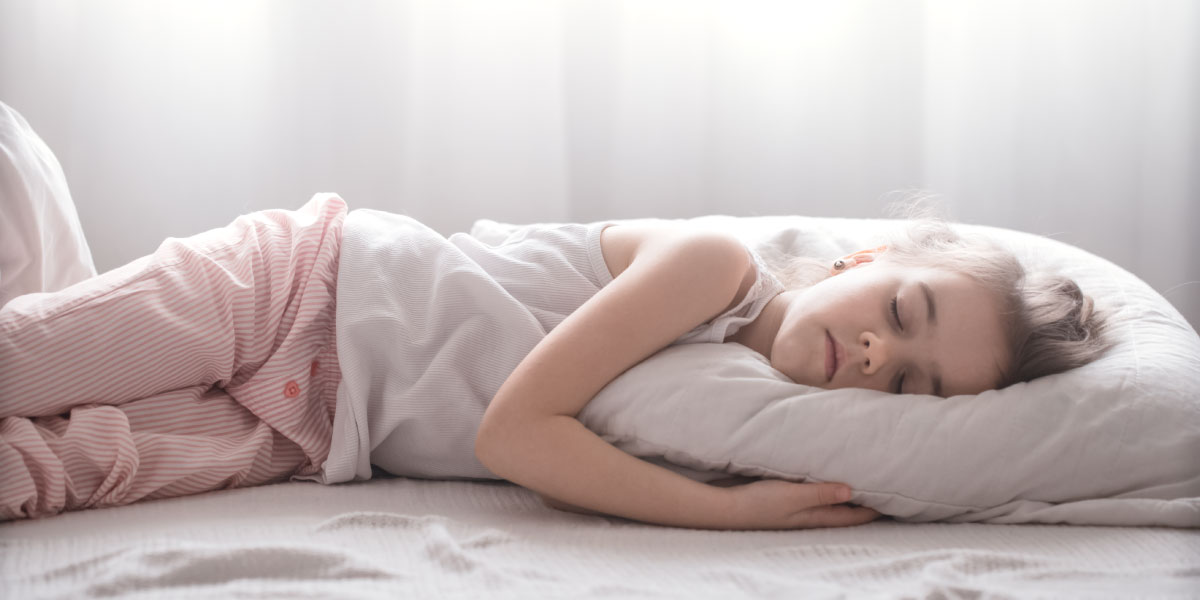
Home Remedies for Child Bedwetting
Fortunately, there are several home remedies for child bedwetting that can help your child stay dry through the night. These remedies can help reduce the frequency or severity of bedwetting and can help your child get a better night’s sleep.
Foods to Stop Bedwetting
The food your child eats can affect their bedwetting. Avoiding certain food, such as caffeine and sugar, can help reduce the frequency of bedwetting. Caffeine is a diuretic, which means it can increase urine production, while sugar can irritate the bladder.
In addition, some food can help reduce bedwetting. Food high in magnesium, such as nuts and bananas, can help reduce urine production. Probiotics can also help reduce the frequency of bedwetting as they can help balance the bacteria levels in the gut.
Lifestyle Changes to Stop Bedwetting
Making some lifestyle changes can also help reduce bedwetting. Limiting screen time is one of the best ways to help your child sleep better. With the Screen Time Monitoring features of the Safes parental control app, you can control how much time your child spends using their phones, tablets, or computers throughout the day. Using the Bedtime Mode, you can stop your child from using their devices at night after going to bed and therefore help them have a better night’s sleep. Moreover, you can prevent your child from stumbling upon disturbing content on the internet with the Web Filter and Safe Search feature—as bedwetting could be a sign of being exposed to disturbing content.
Herbal Remedies for Bedwetting
There are also herbal remedies that can help reduce bedwetting. Some of the most popular herbal remedies for bedwetting include chamomile, passionflower, and lemon balm. These herbs can help relax the body and mind and can help reduce the frequency of bedwetting.

Tips and Solutions to Stop Bedwetting for Children of Different Ages
The solutions to bedwetting for different ages can vary. Here are some tips for helping children of different ages get a good night’s sleep without wetting the bed:
Bedwetting Solutions for 8-Year-Olds
For 8-year-olds, the most effective solution to bedwetting is usually to limit fluid intake before bedtime. This can help reduce the amount of urine produced during the night and help your child stay dry. Additionally, encouraging your child to use the bathroom right before bedtime can also help prevent bedwetting.
Bedwetting at Age 9 Treatment
For 9-year-olds, help your child’s body recognize a regular sleep schedule, which can help reduce the frequency of bedwetting. Additionally, setting limits on your child’s fluid intake before bedtime can also help reduce bedwetting.
Bedwetting at Age 10 Home Remedies
For 10-year-olds, home remedies such as herbal teas can be effective in reducing bedwetting. As mentioned earlier, herbal teas such as chamomile and lemon balm can help relax the body and mind, which can help with bedwetting caused by stress and anxiety. Additionally, avoiding caffeine and sugar can help reduce bedwetting frequency.
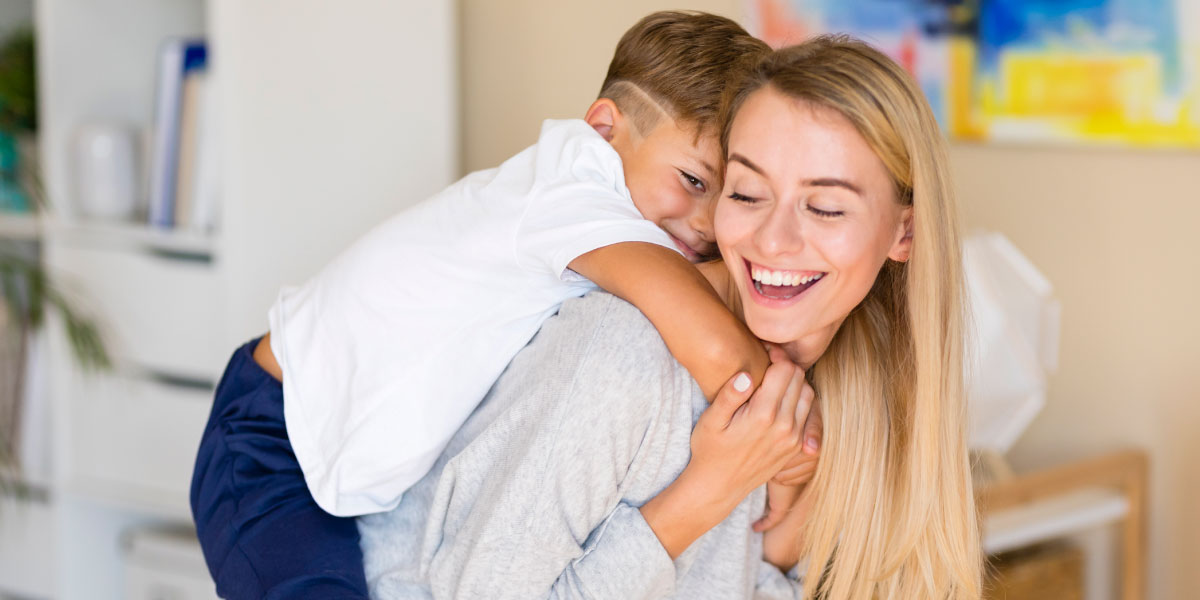
How to Stop Bedwetting Permanently
Bedwetting typically stops between the ages of 4 to 6, and most children stop wetting the bed before they reach age 10. Bedwetting is common in children, especially when they are very young, and it is not typically a cause for concern. However, if your child continues to experience bedwetting past the age of 10, it is crucial to speak to their doctor to determine if an underlying health condition may be causing the issue.
Although bedwetting can be a difficult problem to deal with, there are ways to stop it permanently. Once the underlying cause has been identified, several treatments can help stop bedwetting permanently. These treatments can range from lifestyle changes to medication. You need to talk to your doctor to determine the best option for your child.
Things to Avoid When Treating Bedwetting
When it comes to bedwetting, you must remember that punishment is never the answer. Punishment can only make the problem worse and can actually increase the frequency of bedwetting.
In addition, try to avoid using diapers or bed mats to treat bedwetting. Diapers and bed mats can be counterproductive, as they can give your child a false sense of security and make it more likely for them to wet the bed.

Concluding Home Remedies for Child Bedwetting
Bedwetting can be a difficult problem to deal with, but there are many home remedies that can help your child get a good night’s sleep without the worry of bedwetting. These remedies can range from dietary changes to lifestyle changes. Additionally, solutions to bedwetting can vary based on the child’s age, so you need to talk to your doctor to determine the best treatment approach for your child. With the right approach, your child can say goodbye to bedwetting and get the good night’s sleep they deserve.
Safes parental control app can help your child sleep better, on time, and away from disturbing content online that can contribute to bedwetting. If you’re interested in trying Safes, feel free to download it from our website. We offer a 14-day free trial with premium features. To speed up the sign-up process, we don’t ask for your credit card information.
Your Child’s Online Safety Starts Here
Every parent today needs a solution to manage screen time and keep their child safe online.
Without the right tools, digital risks and excessive screen time can impact children's well-being. Safes helps parents set healthy boundaries, monitor activity, and protect kids from online dangers—all with an easy-to-use app.
Take control of your child’s digital world. Learn more about Safes or download the app to start your free trial today!
